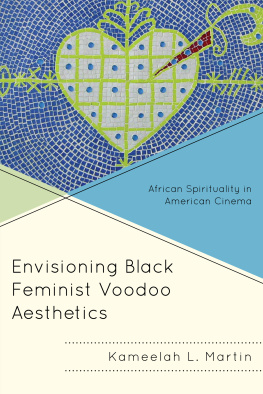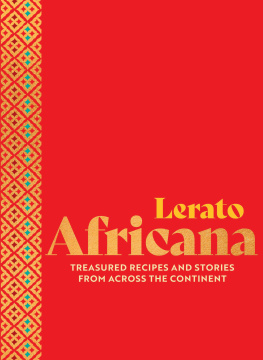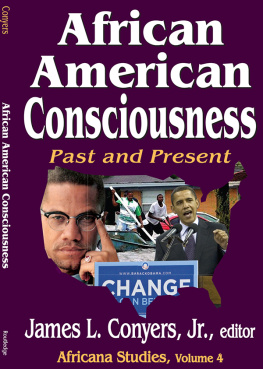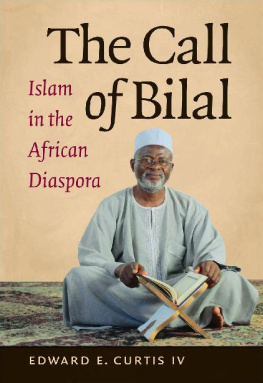James L. Conyers
The theme of Africana Theory, Policy, and Leadership as analyzed in Africana Studies: A Review of Social Science Research is given importance at a critical time in American historiography. The reasons are twofold: the presidential campaign and criminal justice reform in America. The contributors to this volume attempt to offer insight and alternative approaches to the theme. Comparatively, this volume makes a contribution to the research and study of Africana phenomena from an interdisciplinary perspective, within the disciplinary matrix of Africana Studies.
Christel Temples essay Africana Literature as Social Science extends and stretches the boundaries of conventional research and writing. She offers an alternative interdisciplinary perspective to examining text through the use of literary canons. Conversely, she applies this triangulation and metatheory analysis to reviewing the scholarship of August Wilson and Suzan Lori-Parks.
Dawit O. Woldu and Irvin H. Bromall in their chapter offer an ethnography, which examines the cultural landscape of Eritrea. These two authors analyze the lasting contributions of this nation state comparing and evaluating NGOs. Also, concentrating on their neighbor states in the Horn of Africa, the authors discuss developing countries and their relationship with the Western powers.
Valethia Watkins, in Africana Gender Studies, provides a critical assessment of the discussion on gender. Notwithstanding the notion of theory, Watkins supplies groundwork to describe and evaluate gender, on the basis of a cultural context. Cultural context refers to examining the continuity of disparity exhibited toward Africana women and their conceptual narrative. Her chapter reviews definitional dilemmas; politics of compulsory of feminism; the invisible magnitude; and, finally, Africana Gender Studies, going beyond the traditional boundaries of area studies research scholarship.
Alberto Rodriguez offers the Africana narrative in describing and evaluating African American aesthetics in South Texas. Beginning with examining the ethos and voice 0f W.EE. Du Bois, Alain Lockes concept of the New Negro, and Booker T. Washingtons Atlanta Exposition of 1895, he relates this information as a historical overview of this Africana narrative. Texas in particular has the hybridity of being southern and southwestern simultaneously. That is, the state of Texas supported the confederacy of southern states, though, ironically, no civil war was fought on the states soil. Texas endorsed, supported, and profited from the enslavement of African Americans nevertheless. Rodriguezs chapter provides statistical evidence and photographic imagery of Africana phenomena existence in the borderline southern coastal areas of Texas.
Nishaun Battle focuses on Black womanhood and the criminal justice reform movement in America. Her introduction to the Trayvon Martin case is indicative of the continuing inequality in the criminal justice system. In either case. Battles analysis of the social construction of race and gender unpacks queries regarding the role and impact of gender characteristics in social reform and public policy.
Kenyatta Cavil, Joseph Cooper, and Geremy Cheeks provide a critical study of the Historically Black Colleges and Universities (HBCU) and their concept of diversity. The authors explain in detail in what way the idea and thought of how federal and state funding are the impediments for the existence and survival of HBCU athletic programs. Pushing this idea further, they offer a quantitative methodological approach, outlining the rationale, purpose,relevance, and significance for the existence and sustenance of athletic programs at HBCUs.
Abul Pitre in his chapter The Africana Idea in Leadership Studies establishes a nexus between the humanities, social sciences, and professional studies of education. Pitre points to the interpretative analysis of the researcher as the guiding point to describe and evaluate phenomena. Indeed, he highlights that Leadership Studies is a relatively new cognitive field of study in the field of education. As such his analysis reviews Africana Critical Theory in the context of describing and evaluating Africana phenomena.








